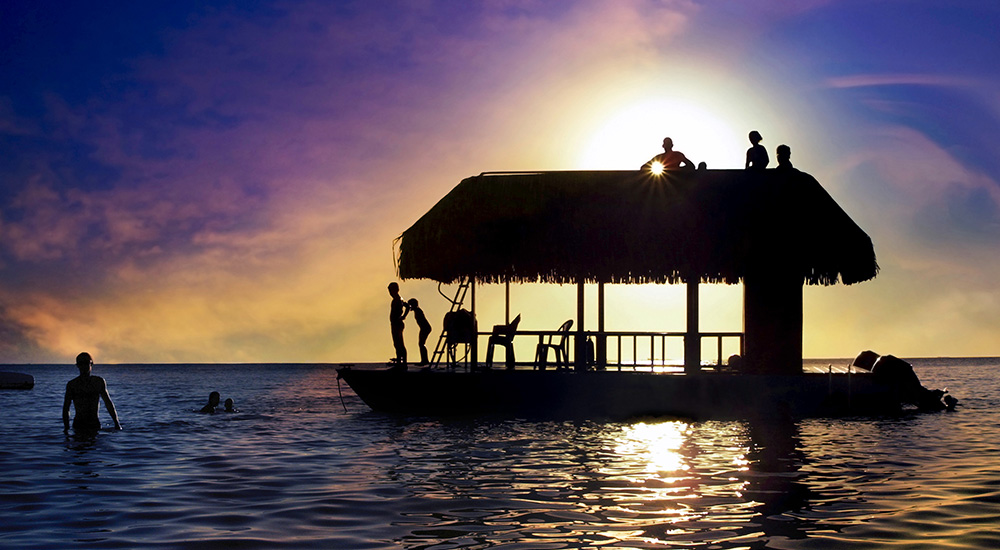
‘There is a need to educate our young ones that violence generally is unacceptable as a means to resolve conflicts.’ It is a worthy sentiment, even if this dictum came from Frank Bainimarama, prime minister and leader of two coups in the past 15 years. The former military commander was speaking to the Pacific Women’s Parliamentary Partnership Forum on the subject of domestic violence. He went on, the Fiji Times reported, to declare ‘zero-tolerance for domestic violence in Fiji, whether it is men beating women, women attacking men or even parents hitting their children.
‘For too long, Fijian society, in common with other Pacific societies, has turned a blind eye to what goes on in the privacy of people’s homes and even worse, we have tolerated and encouraged a culture in which spouses or parents are entitled to use violence to resolve disputes or bring supposedly errant family members into line.
The statistics are certainly grim. According to the Fiji Women’s Crisis Centre, ‘Fiji’s rates of violence against women and girls are among the very highest in the world: 64% of women who have ever been in an intimate relationship have experienced physical and/or sexual violence by a husband or intimate partner in their lifetime, and 24% are suffering from physical or sexual partner violence today.’
Nearly half of women have been punched, kicked, dragged, beaten up, choked, burned, threatened with a weapon or had a weapon used against them. Every day no less than 43 women are injured and one is disabled. Even more shocking is that 15% of women have been beaten during pregnancy.
And yet, despite this appalling catalogue of violence, there is the bewildering paradox that Fiji tops an annual global survey to find the happiest country. The most recent Win/Gallup poll found 93% of Fijians considered themselves very happy or happy, and 82% expected life to be more prosperous and peaceful than the previous year. Among women, a negligible 2% said they were unhappy or very unhappy.
Some explanation of how a vulnerable island nation that suffers more than its share of coups, social problems and natural disasters can still have such a resilient population was glimpsed in the uplifting response of Mary Rokonadravu to winning a regional heat for the Commonwealth short story prize for her work ‘Famished Eels’ (published along with the Africa region winner by Granta).
A communications manager for WWF-Pacific, the Fijian told the Guardian: ‘I live and write in a fragile democracy. A small island country beset by issues of climate change and globalisation—I belong to peoples at the frontlines of loss and ultimate disappearance without having found a voice. It is not an easy space to inhabit. For too long, others have told our stories and that has always been painful to witness.
We do not have to leave our homelands in order to tell our stories. It is possible to dream, write and speak from the islands.’



